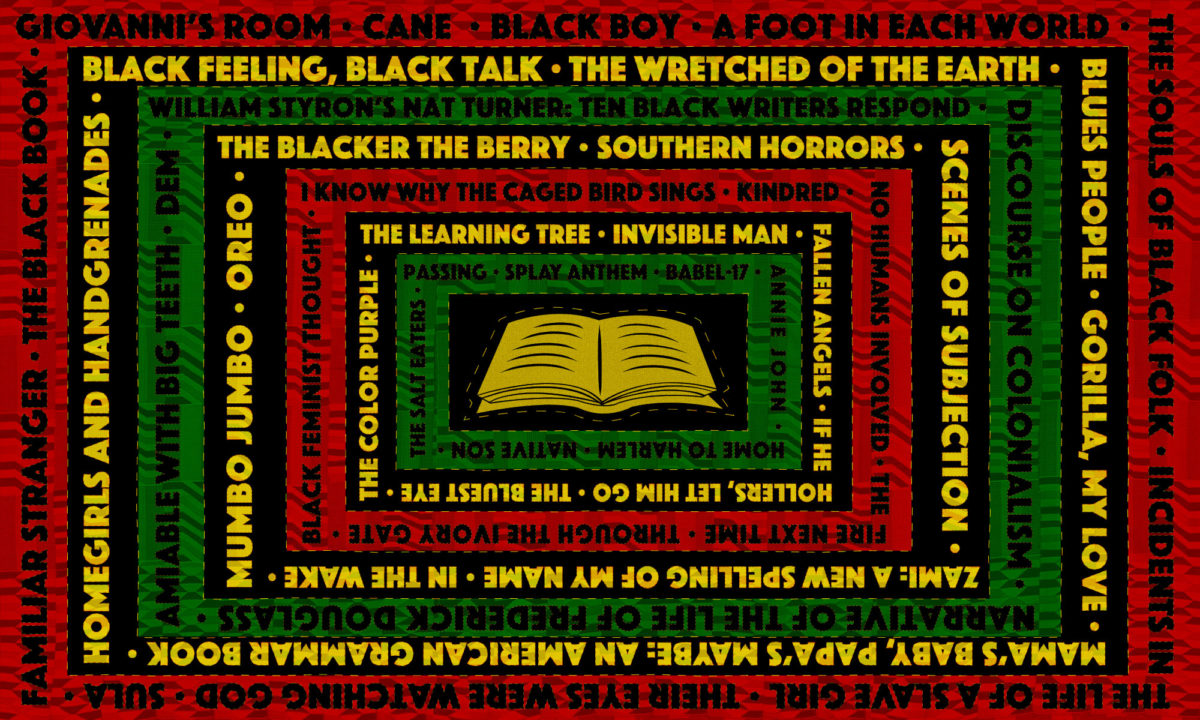
In the late spring, as uprisings bloomed around the murder of George Floyd, we started thinking about Nikki Giovanni, which is to say we were thinking about Black sociality, Black art, and the manifold agreements and disagreements that flower among us. We were thinking about Black dialogues. In November 1971, Giovanni herself participated in a famous discussion with James Baldwin, which was filmed for “Soul!” an English television program. When the dialogue took place she was twenty-eight, and he was forty-seven. There was lots of accord in that conversation, but there were also fractures, especially across gender and generational lines. That conversation, which was ultimately transcribed and published in 1973 as A Dialogue, provided a model of how to publicly discuss issues of critical importance, and a way to productively disagree. Throughout her career, Giovanni herself has demonstrated dedication to Black discourse, as her work juxtaposes internecine struggles within communities of Black people alongside their issues with America writ large. Her writing is interested in the relationships between Black literature and pop culture, between unity and productive debate, and also, as in her “Poem for Aretha,” between Black art and commerce, Black stars and their productivity, and the public’s consumption of those people and their work.
You have reached your article limit
Sign up for a digital subscription and continue reading all new issues, plus our entire archives, for just $1.50/month.
Already a subscriber? Sign in




